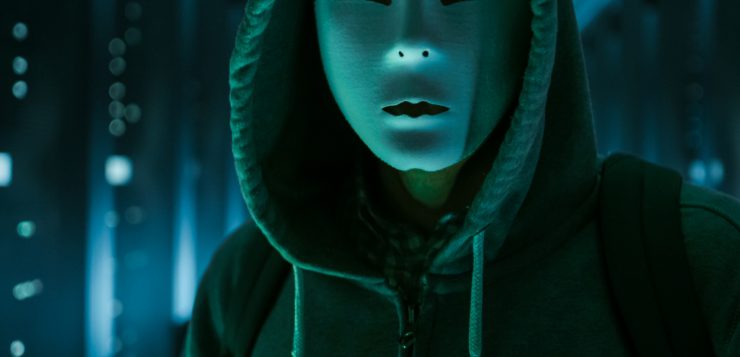Over the past few years, the number of people hunting for Satoshi Nakamoto has increased as people all over the world have been in search of the mysterious creator of Bitcoin. The cryptocurrency-community has also seen a few people come out of the woodwork recently, who have claimed to be Satoshi or have been accused of being the currency’s creator. Then there’s that one guy who says he’s Nakamoto and has published the first chapter of his autobiography. One investigative approach that’s been used often to try and uncover Satoshi Nakamoto’s identity is a scientific method called stylometry, which shows that there are very few people living on earth that have ever written like Nakamoto and the crypto-inventor’s writing style is not easy to plagiarize.
Also Read: The Weekly: China Hires Cryptographer, McDonald’s Unveils Maccoin, Bitmain Gets Richer
The Quest to Uncover the Real Satoshi Nakamoto
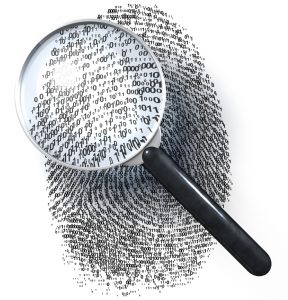 Who is Satoshi Nakamoto? That’s a question people often ask these days due to the climactic rise of cryptocurrencies last year, and a lot of individuals have always been curious about the technology’s creator. There’s a lot of reasons to why a bunch of people would like to find out who Satoshi is, as the creator of Bitcoin could maybe answer some questions that could possibly end the heated scaling debate that’s been happening for years. Nakamoto also allegedly holds over 1 million BTC, BCH, and every other fork created under his original protocol making him/her/them extremely wealthy. Over the past few years, the crypto-community has also seen a few individuals that have been said to be Satoshi Nakamoto including Dorian Nakamoto, Ian Grigg, Nick Szabo, and Craig Wright. Furthermore, recently a man from Hawaii claimed he was Satoshi, and then some other dude wrote the first chapter of the Satoshi Nakamoto memoirs while also claiming to be the creator of Bitcoin.
Who is Satoshi Nakamoto? That’s a question people often ask these days due to the climactic rise of cryptocurrencies last year, and a lot of individuals have always been curious about the technology’s creator. There’s a lot of reasons to why a bunch of people would like to find out who Satoshi is, as the creator of Bitcoin could maybe answer some questions that could possibly end the heated scaling debate that’s been happening for years. Nakamoto also allegedly holds over 1 million BTC, BCH, and every other fork created under his original protocol making him/her/them extremely wealthy. Over the past few years, the crypto-community has also seen a few individuals that have been said to be Satoshi Nakamoto including Dorian Nakamoto, Ian Grigg, Nick Szabo, and Craig Wright. Furthermore, recently a man from Hawaii claimed he was Satoshi, and then some other dude wrote the first chapter of the Satoshi Nakamoto memoirs while also claiming to be the creator of Bitcoin.
Stylometry Used to Uncover Satoshi Nakamoto’s Writing Style and Literary Quirks
Over the years, there’s one scientific method that studies the linguistic style of typed text and handwriting called ‘stylometry’ and the literary tool has been often used to attribute Satoshi’s anonymity to a real person. The method of analyzing text for evidence of authenticity or ownership has been used for hundreds of years. When people write, not only do they have a distinctive handwriting, but the way individuals place phrases and specific words in bodies of writing are also very unique characteristics to every individual.
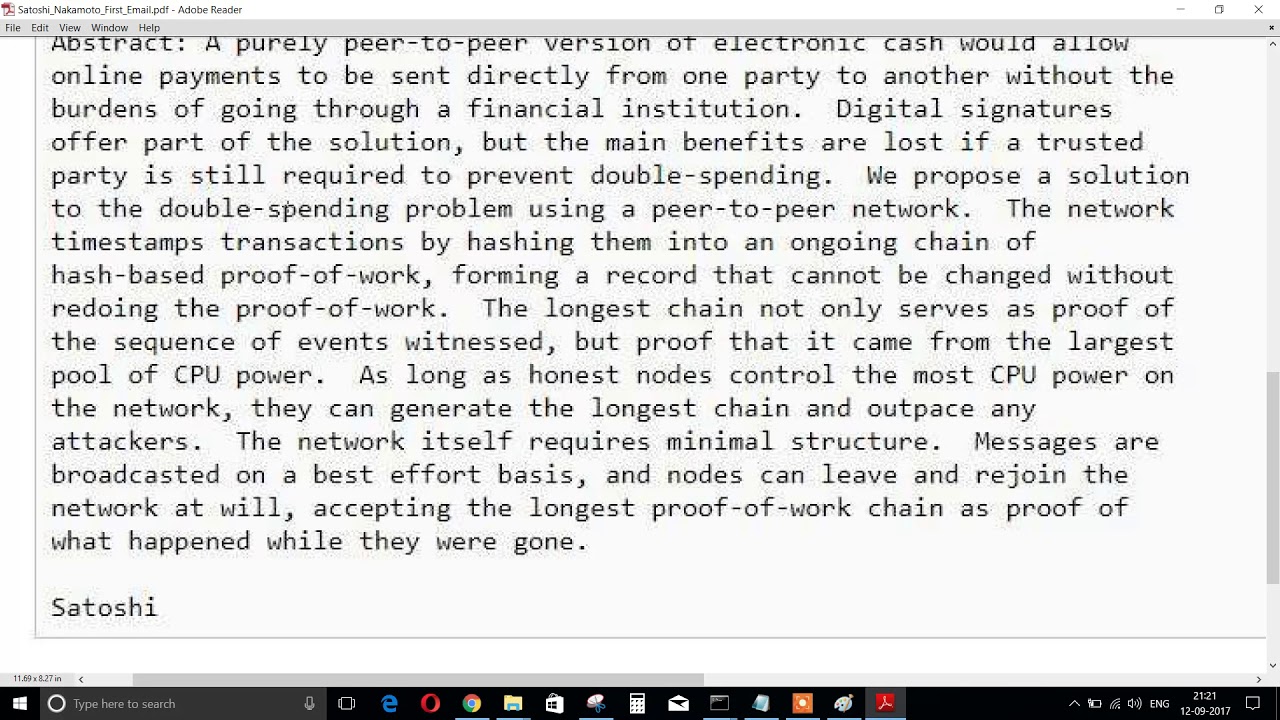
After the guy who wrote 21-pages of personal Nakamoto memories, many people who study text patterns and stylometrists believed the latest autobiography allegedly written by Nakamoto was most likely phony. The armchair detectives found the latest memoirs did not contain Nakamoto’s literary quirks, double spacing, and unique misspellings.
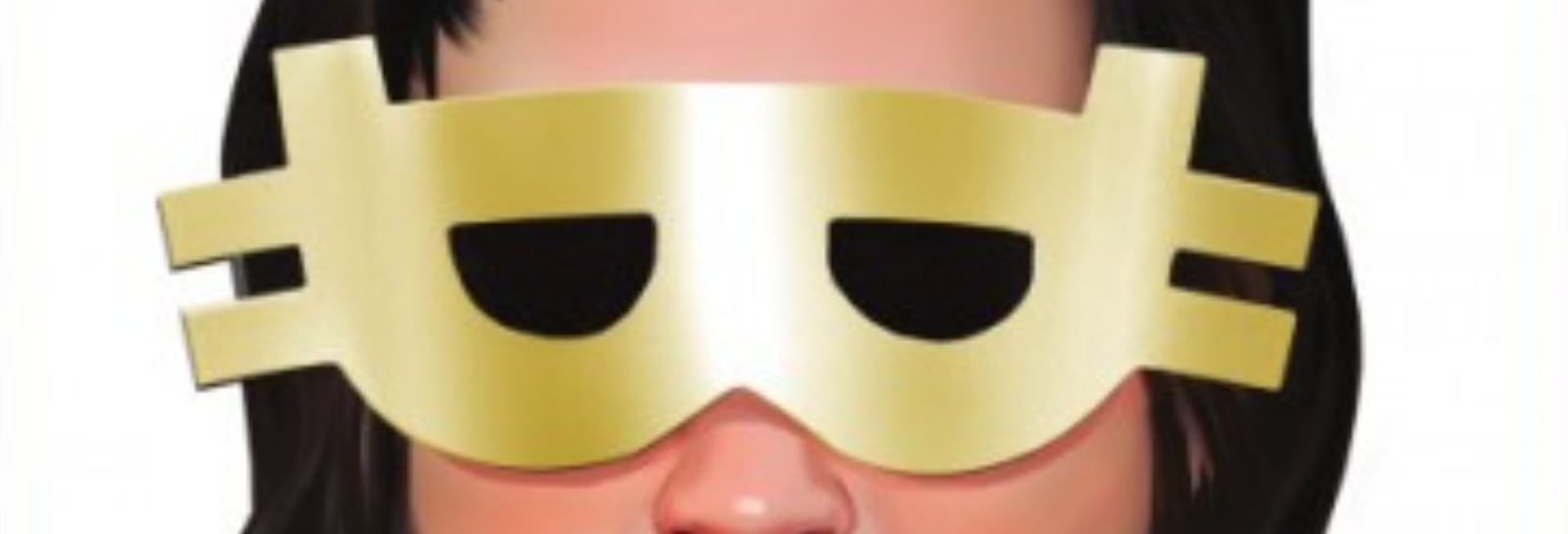
Hard to Copy Satoshi’s Style But a Few Cryptographers Have Similarities
In fact, other stylometric analyses of the original Bitcoin white paper and Satoshi’s emails reveal that it is not easy to copy Nakamoto’s style. For instance, stylometrists have stated that the chances of another cryptographic researcher using the phrases, “It should be noted, for our purposes, can be characterized, and preclude” turns out to be extremely low at 0.8 percent. However, over the years of stylometric analysis of the white paper, there have been a few cryptographers who have come close to Nakamoto’s linguistic stylings. The five closest individuals named would be Nick Szabo, Ian Grigg, Hal Finney, Wei Dai, and Timothy May. Szabo has the highest amount of algorithmic similarities in his early papers when studied side by side with Nakamoto’s white paper. Although, each one of the people mentioned above have had comparable writing styles to Nakamoto to some degree and stylometric studies have named them all as suspects. On December 26, 2017 the data scientist Michael Chon explains each character who has been used in stylometric analysis against Nakamoto’s writings.
“According to the classification algorithms, [stylometric analysis], all predicted that Nick Szabo is linguistically similar to Satoshi who had written the Bitcoin paper and Ian Grigg is linguistically similar to Satoshi who had exchanged the emails,” Chon details. “The word ‘would’ is used by Hal Finney 28 times and the word ‘one’ is used by Nick Szabo 199 times. There is one unigram, the word ‘contract’, commonly used by Ian Grigg and Nick Szabo.”
Wei Dai has the highest similarity score to the Bitcoin paper and Hal Finney has the highest similarity score to Satoshi’s email exchanges. From gensim, Timothy C. May has the highest similarity score to the Bitcoin paper and Ian Grigg has the highest similarity score to Satoshi’s email exchanges. An unusual result is that Ian Grigg has a similarity score of .99996 to Satoshi’s email exchanges.
Although Not Perfect Stylometrics Can Confirm Phony Resurrection Writing
Lastly, another study written by a nonprofit based in England used stylometrics this past June against Nakamoto’s writings and they concluded that the creator was the well-known Bitcoin developer Gavin Andresen. “We identified Bitcoin Cash developer Gavin Andresen as being the real Satoshi Nakamoto,” explains Troy Watson, a representative for the nonprofit’s recent study. However, not many took the study too seriously and the stylometric analysis was quickly forgotten.
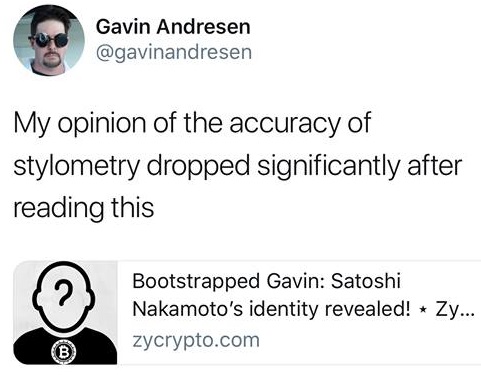
The community has seen many claims by people saying they are Satoshi and it’s safe to say stylometry will likely be used against any self-professed Nakamoto that comes forward. The method of study, although not perfect, can deduce things down to a relatively low amount of known people, while giving people a glimpse at just how difficult it is to uncover Nakamoto’s identity. But stylometry can also be used to easily confirm phonies attempting to relive the Nakamoto glory days through resurrection writing.
What do you think about the many stylometric studies used to uncover the real Satoshi Nakamoto? Do you think stylometry is a good tool to deduce whether someone is Nakamoto or not? Let us know what you think about this subject in the comment section below.
Images via Shutterstock, Twitter, Pixabay, and Time.
Verify and track bitcoin cash transactions on our BCH Block Explorer, the best of its kind anywhere in the world. Also, keep up with your holdings, BCH and other coins, on our market charts at Satoshi’s Pulse, another original and free service from Bitcoin.com.




